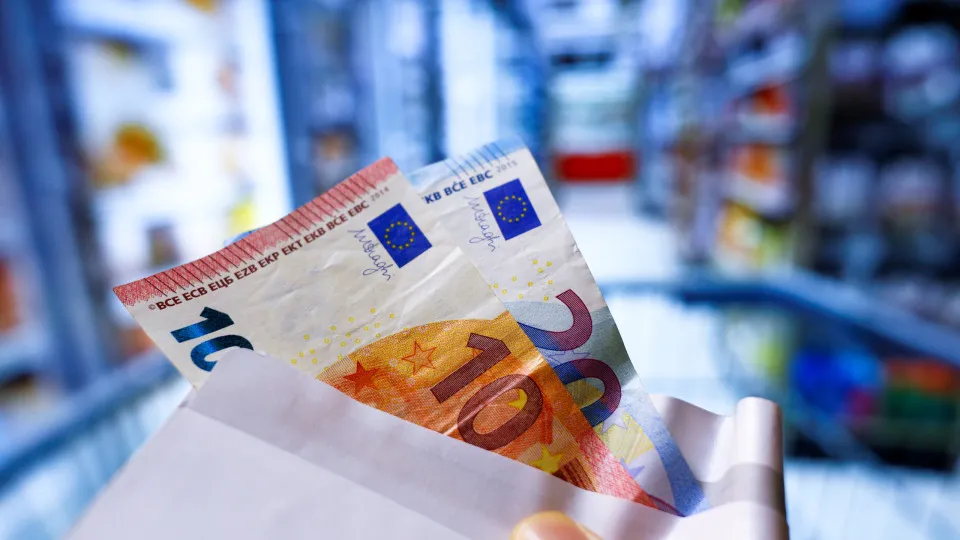
DECO has won a lawsuit against MEO, NOS, and Nowo, which could lead to the reimbursement of 40 million euros to customers due to price increases between 2016 and 2017. The consumer protection association estimates that, on average, each consumer could recover between 14 and 30 euros, plus interest accrued since 2018, potentially increasing the amount if the decision is upheld.
According to the association, about 1.6 million consumers may be affected by the decision, especially those under loyalty agreements.
The reimbursable amount was calculated by multiplying “the monthly increase charged improperly” by the number of months it was in effect, accounting for the period from the price change to the court decision. This sums up the respective amounts, resulting in an approximate total of 40 million euros, a figure the association acknowledges might rise as calculations are refined.
What’s at Stake?
This concerns a lawsuit filed in 2018 by DECO against MEO, NOS, and Nowo (currently Digi), which, according to the consumer protection association, could result in the refund of 40 million euros to customers due to price hikes between 2016 and 2017.
Paulo Fonseca, DECO’s strategic and institutional relations advisor, explained that the court declared the operators’ communications about price increases during that period void for failing to properly inform clients and not offering them the right to terminate contracts without penalty.
The action against the operators, according to DECO, followed numerous consumer complaints who were unaware of the exact amounts to be charged and that they could terminate the contract without costs. Vodafone was not included as, according to DECO, “there is no record of increases to individual consumers” during that time.
Between August and September 2016, customers began receiving notifications of increases far exceeding inflation—almost 1,000% higher than the prevailing rate, which was notably low at the time.
Moreover, these communications lacked clear details about the exact amounts to be charged or the possibility of penalty-free termination. Shortly thereafter, prices were indeed raised without consumers being adequately informed or guided about their rights, as reported by the advisor.
The situation involves the amendment of the electronic communications law in 2016, which mandated operators to inform consumers whenever contracts were unilaterally altered, including price changes, and indicate the option for penalty-free termination.
Decision Not Yet Final
The ruling from the lower court is not yet final, as operators can appeal to the Court of Appeal and, subsequently, to the Supreme Court.
Moreover, as reported to Lusa by official sources from the operators, MEO and NOS disagree with the decision and will indeed file an appeal.
Lusa also sought a reaction from Nowo, now part of the Digi group and also targeted in the lawsuit filed in 2018 by DECO, waiting for a response from the operator.
Anacom Welcomes Decision
The National Communications Authority (Anacom) also expressed approval on Monday for the court ruling that could lead to the reimbursement of 40 million euros to MEO, NOS, and Nowo customers for price increases between 2016 and 2017, benefiting consumers.
“Decisions favoring consumer interests are always welcome,” an official source from the regulator stated in a written response to Lusa.
Anacom, concerning this case, reminds that it imposed corrective measures on operators and initiated infringement proceedings.
“On this matter, Anacom required MEO, NOS, Vodafone, and Nowo to adopt corrective measures, mandating the dispatch of written communications to subscribers affected by contractual changes initiated by these operators, in instances where they had not communicated the contractual conditions changes (made following the enactment of Law No. 15/2016, dated June 17) and the right to terminate contracts at no cost (even if subscribers were under loyalty periods or other commitments), should they not accept the stated contractual changes,” the statement details.
Additionally, “without prejudice to these corrective measures,” the regulator reminds that it has also initiated infringement proceedings against these operators.




